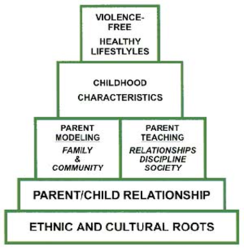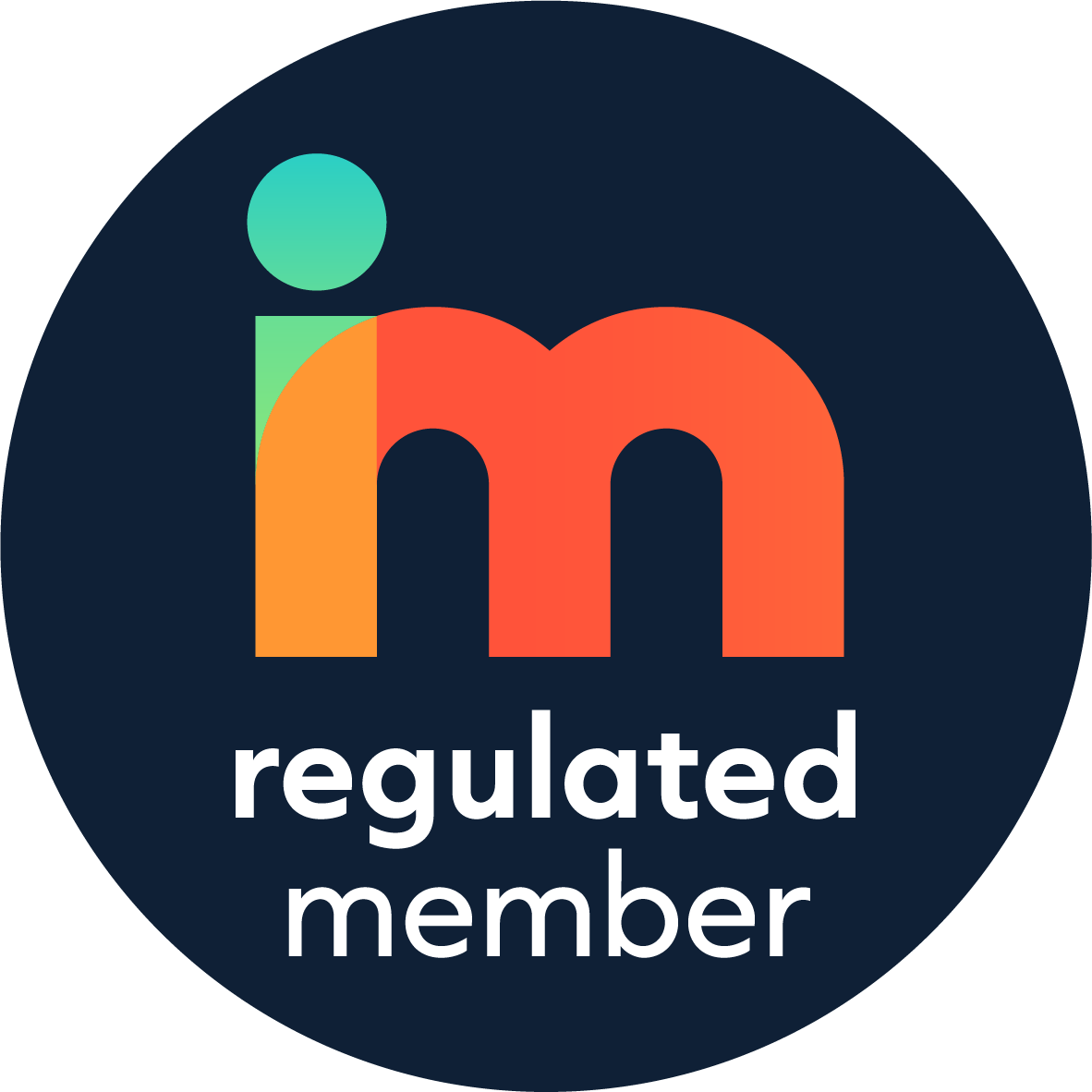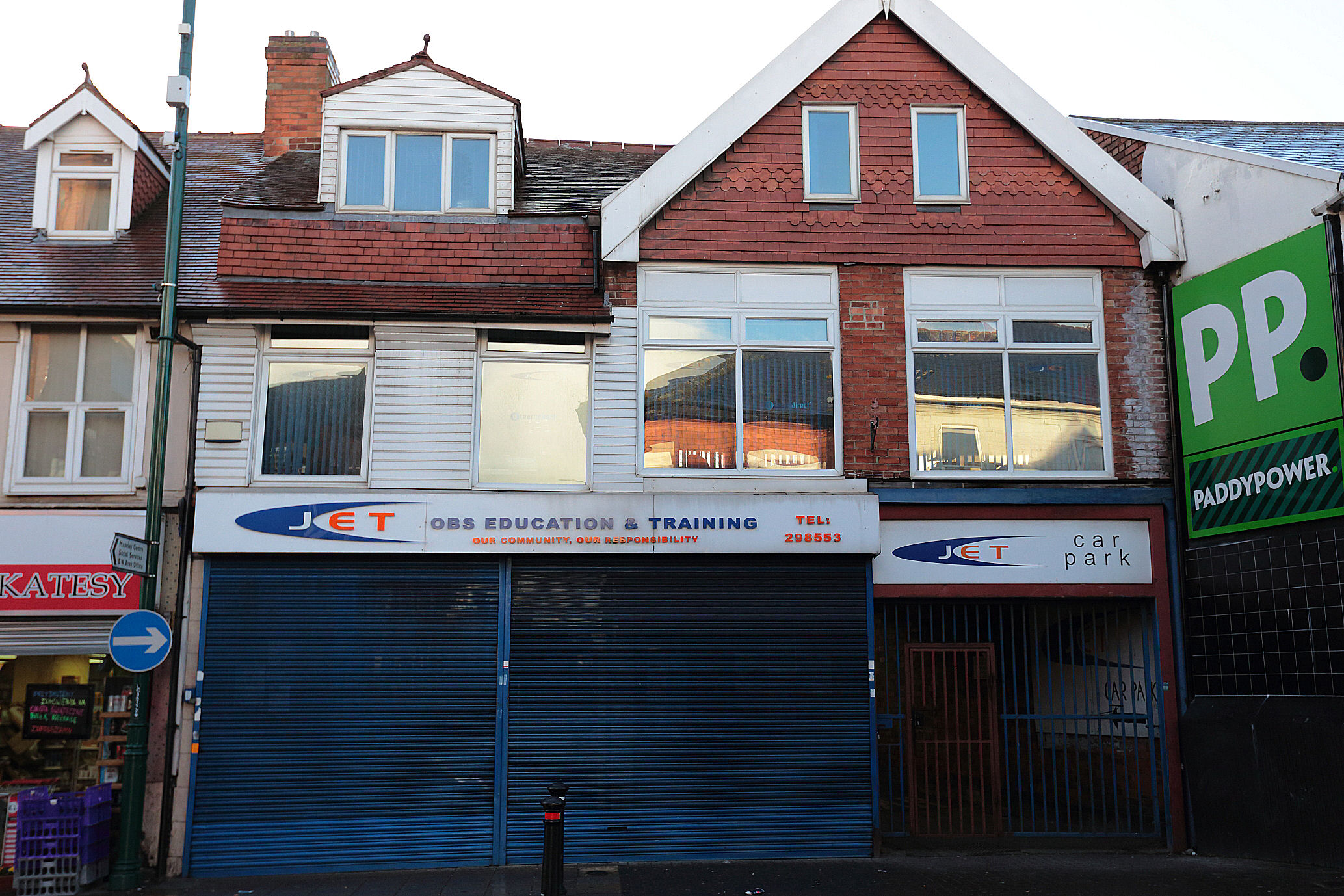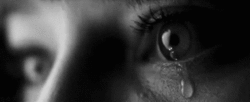 Women’s Work is not just about women. It is also about the family, their relationships, parenting and the children….and there are projects to address all perspectives.
Women’s Work is not just about women. It is also about the family, their relationships, parenting and the children….and there are projects to address all perspectives.
Where one, or both, of the parents are dealing with drug and alcohol abuse, past or present, then there are consequences on the family life and the upbringing of the children. There will also be an inevitable emotional fall-out which needs to resolved. The Link Work project has been created to help.
It views the whole family holistically, and provides support on a range of topics to promote better understanding in the family, improve parenting and life skills, be empowered to access other agencies who provide specialist services, addressing personal behaviour and working out a way of living that is not centred around the abuse.
Mel Lakin, the Senior Project Worker, summed it up as,
“If the foundations aren’t in place then they can’t necessarily move forwards and bring about the changes needed to improve life for them and their family”
The project also aims to put them in touch with people who have been in similar situations and to share ideas, and to provide them with an environment where they are not judged as a “bad parent” but simply someone who is seeking help, and support.
Although Link Work is for people affected by drug and alcohol abuse, WW have launched another project which has a much broader base of access called “Strengthening Families, Strengthening communities”. People can self-refer, and be referred by a variety of agencies and there is to help people who feel they need guidance on parenting skills. As with the other projects, it encourages people to think broadly and making important connections with their children, and the communities in which they live, rather than considering parenting as a task in itself. As this is done as a group, then the opportunity is there for people to “bounce” ideas, experiences, problems etc of other parents.
 The project runs over 12 weeks and each week is structured round a theme, and uses this hierarchy as a basis for the programme.
The project runs over 12 weeks and each week is structured round a theme, and uses this hierarchy as a basis for the programme.
 The underpinning theme tries to re-establish the ethnic, cultural, and spiritual background in whatever form this is appropriate for that family. It’s about the family connections, it can be as simple as getting out in the countryside, feeling nature, and the seasons, and having time together. This leads into a better understanding and improving the parent/child relationship. This is then reinforced by the parent recognising that they are the main model for the child’s behaviour, and also their responsibility for providing guidance, discipline and boundaries. Some behaviour can be considered by parents as “naughty” when in fact it’s normal, inquisitive, challenging, or questioning. The way that the parent responds can be influential in ensuring that the relationship is violent free, and healthy….leading to the obvious longer-term benefits for all involved –“ breaking the cycle”.
The underpinning theme tries to re-establish the ethnic, cultural, and spiritual background in whatever form this is appropriate for that family. It’s about the family connections, it can be as simple as getting out in the countryside, feeling nature, and the seasons, and having time together. This leads into a better understanding and improving the parent/child relationship. This is then reinforced by the parent recognising that they are the main model for the child’s behaviour, and also their responsibility for providing guidance, discipline and boundaries. Some behaviour can be considered by parents as “naughty” when in fact it’s normal, inquisitive, challenging, or questioning. The way that the parent responds can be influential in ensuring that the relationship is violent free, and healthy….leading to the obvious longer-term benefits for all involved –“ breaking the cycle”.
The project which specifically has the child at the focus is called Little Links – this is for those aged 6-11, and is targeted at those who are trying to cope with those living in a home affected by drug and alcohol abuse.
This usually works through 2 sessions a week after school, but also there can be times within the school day, on-site, negotiated with the teacher around core classes. In the evening slots, the team try to establish routines and modelling healthy behaviour – talking about the day, support with homework, doing crafts, getting messy, running around, cooking tea, sitting down , 1:1 time with mother – all within the safe space of the WW building.
This programme is intensive and sensitive and depends on a lot of integrated support from the school, and other agencies, including social work as well as WW. As each case can be quite different then the methodology and approach has to be tailored to suit the child’s needs, which is why there are only about a dozen children on the project.
Mel Lakin, explained the over-arching value to their service users:
“The families that we work with can’t make a change for themselves, as their self-esteem is so low, or they don’t realise how their circumstances have affected their children. And once we start looking at child development and how children display behaviour that is not ok, then the parents can start to make those connections and it really motivates them and then they think – “actually I can bring about change, and it’s important that I do that, and I put my children first”. This environment gives them the opportunity to feel safe, to be with people that can hear them, and willing to listen – “they’re not here to take the children away, they’re here to support me, regardless of what happened in the past, and where I am now, and I’ll meet people who have moved on , and have brought about their changes and improved their lives for the better”
…and when the service users have been given insight into some of the underlying problems….
“Now I know that this isn’t ok, I have a choice”
…and it is about creating opportunities for choices
Categories: Women's Rights










